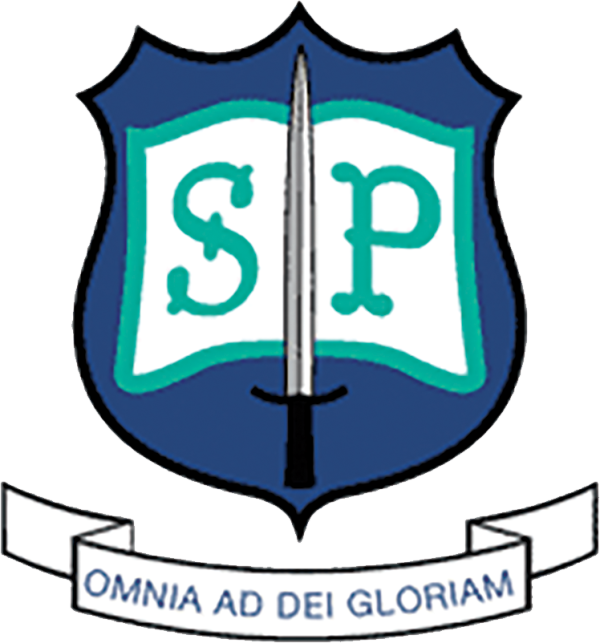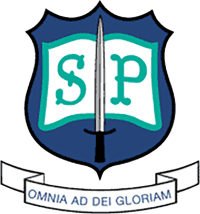Key Information
Music
Intent
Our aim is to ensure that Music is an integral part of the curriculum as it provides invaluable opportunities for pupils to communicate their ideas and emotions through the exploration of artistic and social interaction. When they leave St Paul’s CE Academy, we hope that every child will have learnt to play an instrument and engaged in high quality music activities such as workshops led by skilled practitioners. Pupils may also have the opportunity to take extra-curricular lessons on instruments such as guitar, drums, keyboard or violin, provided by East Sussex County Music teachers as well as participating in clubs such as the school choir.
Three topic-based music ‘projects’ per year will incorporate the cycle of listening and appraising, improvising, composing, and evaluating. This will ensure that our pupils have a good awareness and appreciation of different musical traditions and genres as well the ability to create their own compositions and use musical terminology effectively. They will have performed in front of an audience, participated in group and individual composition activities and become confident when evaluating each other’s work.
By focusing on the following key areas, we aim to provide children with the tools needed to become proficient Musicians:
-
Listening and appraising
-
Listening to examples of a variety of styles of music, analysing content and techniques and making comparisons.
-
History and context of Music - Developing an understanding of the timeline of music through listening opportunities in assemblies and the classroom.
-
Improvisation - Becoming confident when using prior knowledge to create something new.
-
Composing
-
Experimenting with voice, selecting instruments and composing individually or in groups. Recording the notation for others to follow.
-
Performing
-
Gaining experience of performance to different sized audiences.
-
Evaluating - Contributing to discussions after listening to performances.
Implementation
At St Paul’s CE Academy, our curriculum is shaped by our school vision. This aims to enable all children reach their full potential, regardless of background, ability or additional needs. We teach the National Curriculum, supported by a clear skills and knowledge progression.
The teaching of Music should follow the cycle of listen and appraise, compose, perform and evaluate. Embedding key musical vocabulary throughout will ensure that children build on their subject knowledge and become confident when discussing their musical experiences. As well as participating in high quality teacher led lessons, pupils will have a weekly singing practise to enable them to sing as part of a large group, develop listening and performance skills.
Impact
-
Pupils can listen, appraise and discuss musical performance across a variety of genre, both historical and contemporary.
-
Pupils can internalise melody and use the voice effectively when communicating different moods and emotions.
-
Pupils can improvise with either voice or an instrument of their choosing, using previous knowledge and experience to guide them.
-
Pupils can compose either individually or in groups and begin to record the notation.
-
Pupils can perform to an audience and maintain high standards in terms of rehearsal.
-
Pupil can evaluate their own and others performances either verbally or as written feedback and use relevant musical terminology.


